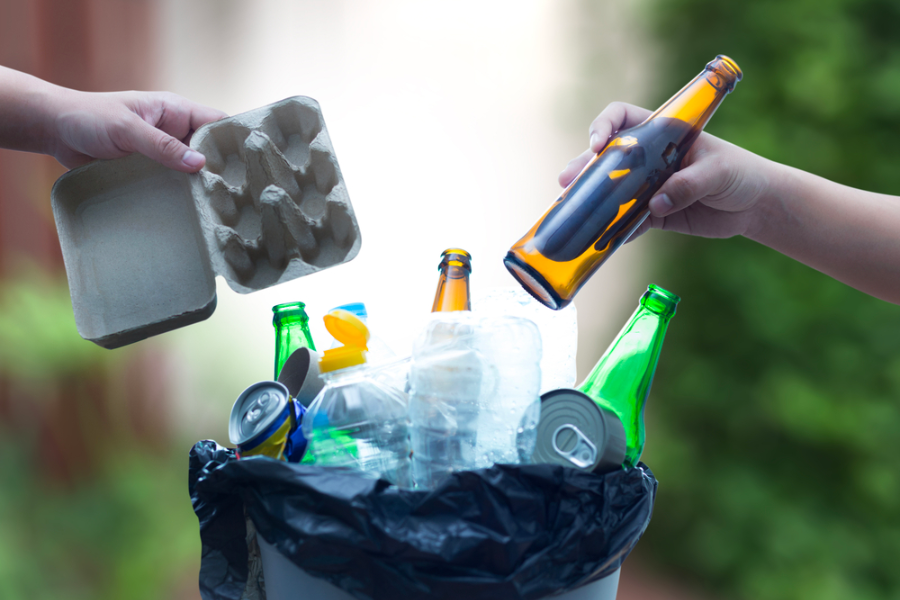NERC Marks Five Years of the Northeast MRF Commodity Values Report; Participation Grows to Include Eleven States
NERC’s MRF Values Survey Report for the period April – June 2024 showed a slight increase in the average commodity price for Q2. The average value of all commodities increased by 6% with residuals and 5% without from Q1 2024 to Q2 2024. Single stream increased by 11% while dual stream / source separated decreased by 14% for both with and without residuals as compared to last quarter.
The average reported processing costs decreased by 6.46% to $ 89.73/ton.
This is the 21st quarterly report in NERC’s series of reports on the market value of commodities from MRFs in the Northeast, marking five years of data collection for this project. With new participating MRFs, this report includes information from eleven states: Delaware, Maine, Maryland, Massachusetts, New Hampshire, New Jersey, New York, Pennsylvania, Rhode Island, Vermont, and Virginia.
These survey results reflect the differing laws and collection options in the participating states. Four of the states included in this report have beverage container deposit laws. As a result, fewer glass bottles, PET bottles and aluminum cans are processed in MRFs in those states. Those MRFs are also likely to have less revenue from those recyclables. In addition, the report reflects a mix of single stream, dual stream, and source separation to collect recyclables with single stream being the most common approach. The type of collection used will have an impact on MRF design and operation. Thus, the data from this report reflects the unique blend of facilities and statewide laws in the reporting states.
Residuals refers to the incoming material that cannot be marketed and goes to disposal. The value without residuals reflects the value of a perfect ton of marketed material, while the value with residuals reflects the value of each ton processed with the costs associated of disposing unmarketable material. Note: In many cases, recovered glass goes to market but at a negative value.
For more information, contact Megan Schulz-Fontes, Executive Director, at
megan@nerc.org.
Share Post





